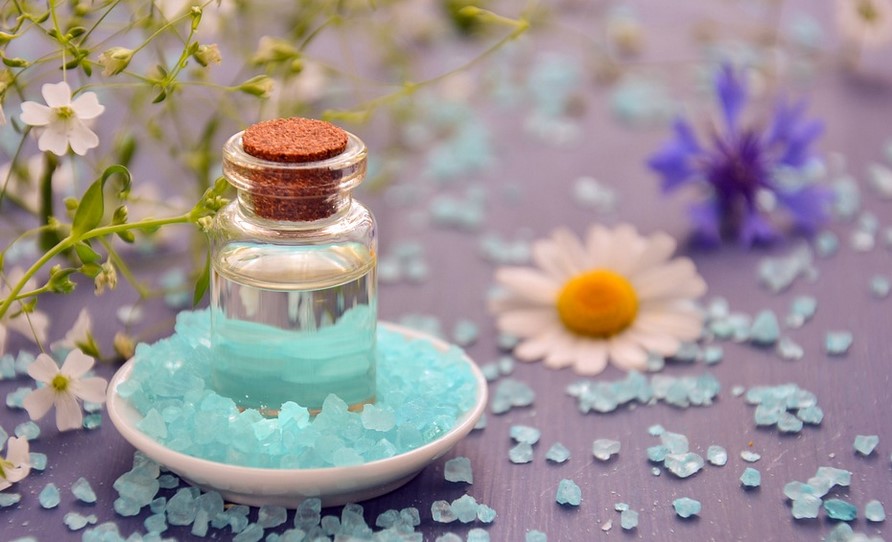The Origin of Henna
Henna is a plant that grows in parts of Asia, Africa, and the Middle East. The plant is used to make a dye that is used to color hair, skin, and nails. The use of henna in Indian culture dates back to ancient times. It was believed that henna had a cooling effect on the body and was used to reduce the body temperature during the hot summer months.
The Significance of Henna in Indian Weddings
Henna is an important part of Indian weddings. It is believed that applying henna on the bride’s hands and feet brings good luck and prosperity. The intricate designs of henna on the bride’s hands and feet symbolize joy, beauty, and spiritual awakening. The process of applying henna on the bride’s hands and feet is called Mehndi. It is a traditional ceremony that takes place a few days before the wedding.
Henna Designs
Henna designs are intricate and beautiful. They are often inspired by nature, such as flowers, leaves, and vines. The designs are applied using a cone-shaped tube, which allows for precision and control. The henna paste is left on the skin for a few hours, and then it is removed, leaving behind a dark reddish-brown stain. The stain can last for up to two weeks, depending on the quality of the henna and the skin type of the person.
The Symbolism of Henna
In addition to its beauty, henna has a deeper symbolic meaning in Indian culture. The intricate designs represent the interconnectedness of all things in the universe. The use of henna is also a reminder of the impermanence of life, as the design fades over time. It is a reminder to live in the present moment and to appreciate the beauty of life before it fades away.
Henna in Contemporary Indian Culture
Henna is still an important part of Indian culture, but it has also been adopted by people all over the world. It is now a popular form of body art, and many people get henna tattoos on their hands, feet, and other parts of their body. Henna is also used in hair dyes and as a natural alternative to chemical hair dyes.
The Benefits of Henna
Henna has many benefits for the skin and hair. It is a natural conditioner and can help to strengthen and nourish the hair. It can also help to reduce dandruff and hair fall. Henna is also a natural anti-inflammatory and can help to soothe skin conditions such as eczema and psoriasis. It is also a natural antiseptic and can help to prevent infections.
The Future of Henna
As the world becomes more conscious of the harmful effects of chemicals, natural products like henna are becoming more popular. The demand for natural and organic products is on the rise, and henna is poised to become a popular alternative to chemical hair dyes and body art. With its rich history and deep cultural significance, henna is sure to continue to inspire and captivate people for years to come.
In conclusion
Henna is more than just a plant or a dye. It is a symbol of beauty, spirituality, and interconnectedness. It has been an important part of Indian culture for centuries and continues to inspire and captivate people all over the world. Whether it is used for body art or as a natural hair dye, henna is a powerful reminder of the beauty and impermanence of life.

